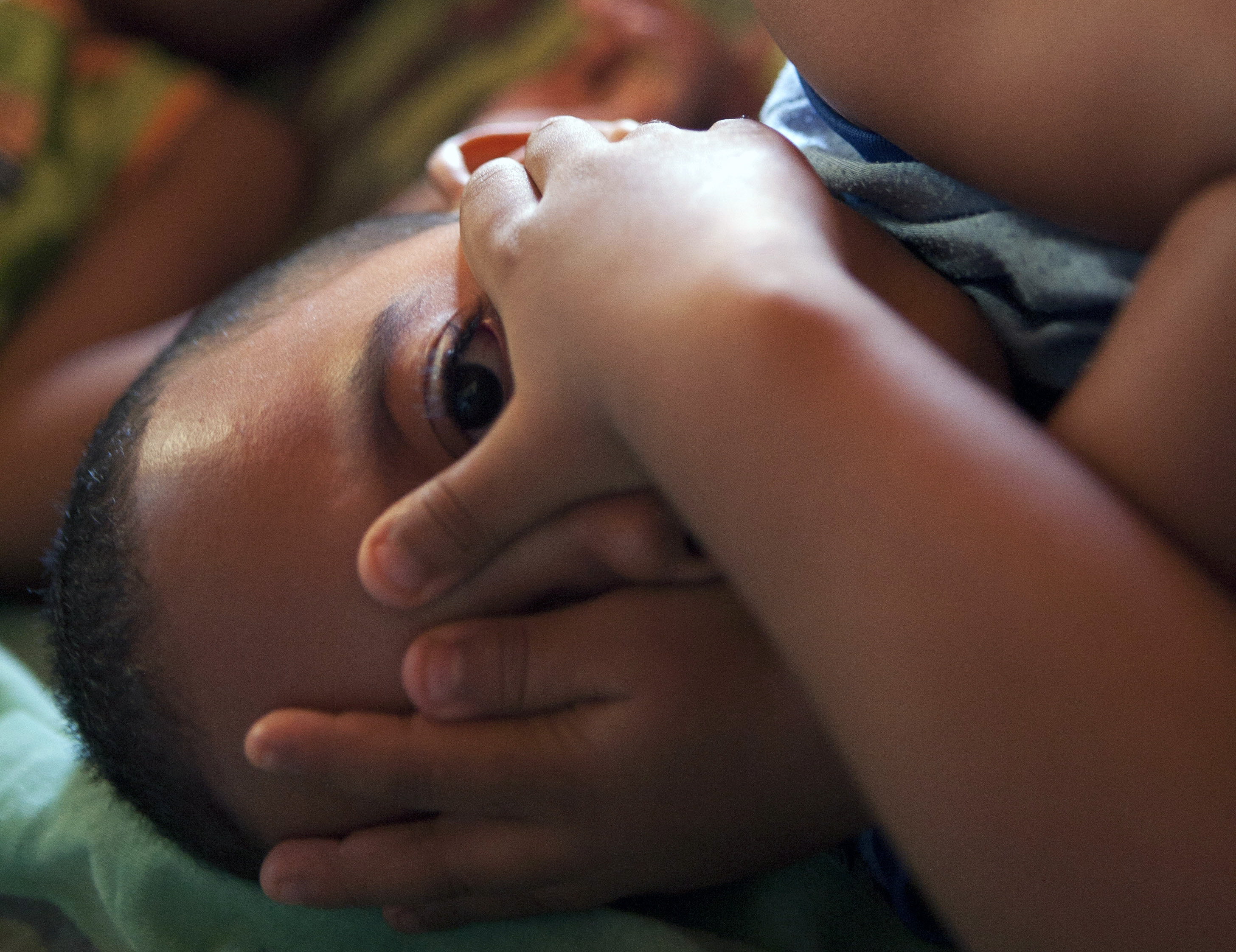Save the Children Report
In 2016 an estimated 10 million children worldwide were victims of forced labour, exploited for sexual purposes and in the underground economy. In Italy, unaccompanied migrant children on the northern border run very high risks; girls who try to cross the borders were victims of sexual exploitation. Increasing numbers of Nigerian and Romanian minors forced into street prostitution. The findings of the latest Report by Save the children.

There are 10 million “young invisible enslaved” in the world; children and adolescents victims of forced prostitution, exploited for forced labour, exposed to abuse. This undetected phenomenon is spread across world countries, Italy included, with a dramatic rise in young girls from Nigeria and Romania trafficked for sexual exploitation, and many girls in transit countries forced into prostitution on the border of Ventimiglia to pay the people smuggler (passeurs) or to find a place to sleep. Thousands of unaccompanied minors have fled reception centres and are exposed to various forms of exploitation, while hundreds of children are victims of undeclared labour in the tertiary sector. One such example involved Egyptian children working in carwashes, general fruit and vegetable markets, pizza shops, kebab shops. It’s the documented snapshot provided in the Report of Save the Children on “Young invisible enslaved 2018”, ahead of the World Day against Trafficking in Persons celebrated July 30. Almost 10 million children and adolescents were sold and exploited for sexual purposes and for forced labour, amounting to 25% of all the victims, over 40 million, of whom 7 out of 10 are women and young girls. Approximately one million children were victims of sexual exploitation in 2016, while in five years – from 2012 to 2016 – 152 million children and youths aged 5 – 17 were involved in various forms of child labour, over a half of whom in dangerous activities that directly harm their health and safety.

The phenomenon of “survival sex” on the border of Ventimiglia. Girls crossing the border of Ventimiglia between Italy and France, mostly from the Horn of Africa and the countries of Africa-sub-Saharan Africa, were victims of so-called “survival sex”, i.e. forced to prostitute themselves to pay between 50 and 150 euros to ‘passeurs’ to cross the border, or to obtain food or shelter. The situation grew worse after the informal camp in the area along the river Roja was cleared in April 2018. Since then, Save the Children workers registered the presence of high numbers of children in degraded, humiliating and dangerous conditions on the streets, helped only by charities that offer legal assistance, Internet connections and fulfil their basic needs.
Children in transit countries exposed to exploitation and abuse. 4.570 unaccompanied children could not be traced as of May 31 2018, meaning that they had abandoned reception centres, especially in the southern regions. They were primarily of Eritrean (14%), Somali (13%), Egyptian (9%) and Tunisian (8%) origin. Their condition of invisibility exposes children in transit to very high risks, especially young girls from the Horn of Africa. The inflow of Eritrean migrants to the border town of Ventimiglia in the first months of 2018 registered a sharp increase compared to the previous year, when they amounted to only 10% of transit migrants.

Nigerian and Romanian girls victims of sexual exploitation. According to the Report, 8 out of 10 Nigerian girls arriving to Italy by sea are potential victims of trafficking for the purpose of sexual exploitation, amounting to a 600%-increase in the period 2014-2016. Many Nigerian girls are forced by their exploiters to declare that they are adults when they arrive here to avoid the children protection system. According to the findings of the Department for Equal Opportunities, in 2017, the victims of trafficking enrolled in protection programmes totalled 200 (almost twice the number of the previous year). Most of them – 196 – were girls. The outreach units of Save the Children’s “Vie d’Uscita” program in Italy – Abruzzo, Marche, Sardinia, Veneto and Rome – came into contact with 1.904 victims, 1.744 of whom had just turned 18 or pretended to be, and 160 minors. A large majority (68%) were Nigerian, followed by Romanians (29%). This shows an increase compared to the period May 2016-March 2017, when the contacted victims were 1,313. In just one night, in October 2017, the National Anti-trafficking Network reported a total of 5005 street victims, including 211 minors, signalling a 53% increase compared to May. “It is unacceptable that in our Country children and adolescents fall prey to a network of unscrupulous exploiters and become the daily victims, on the streets of our cities, of abuses perpetrated by those whom I invite everyone to stop calling ‘customers’, said Raffaella Milano, director of Save the Children Italy-Europe programs.

Child labour in Italy, the case of Egyptian minors. The Save the Children Report shows that in 2017, 220 children – including Italian and foreign minors – were subject to labour exploitation, the tip of the iceberg of an underground phenomenon. Notably, over 70% of violations were perpetrated in the tertiary sector, in farming, manufacturing, construction, domestic service, and restaurant sectors. Most of the minors are of Egyptian origin, although the number of arrivals has decreased since 2016. The youths seek employment to send money to their families and pay off the debt they incurred for the journey. That’s why child-migrants tend to break free from the protection system (421 Egyptian minors could not be traced as of May 31 2018) and are thus exposed to the risk of falling victims of labour exploitation. In most cases Egyptian minors are exploited for undeclared work in Turin and in Rome in carwashes, where they work 7 days a week with 12-hours shifts for 2-3 Euros/hour, or in pizza shops, kebab shops, general fruit and vegetable markets where they also work at night for monthly salaries of under 300 Euros. Unfortunately in these conditions of exploitation they easily fall victims of illegal activities, such as drug smuggling and robberies, or to take a combination of cocaine, crack and benzodiazepine-based drugs, in order to cope with the emotional stress of deviant activities.